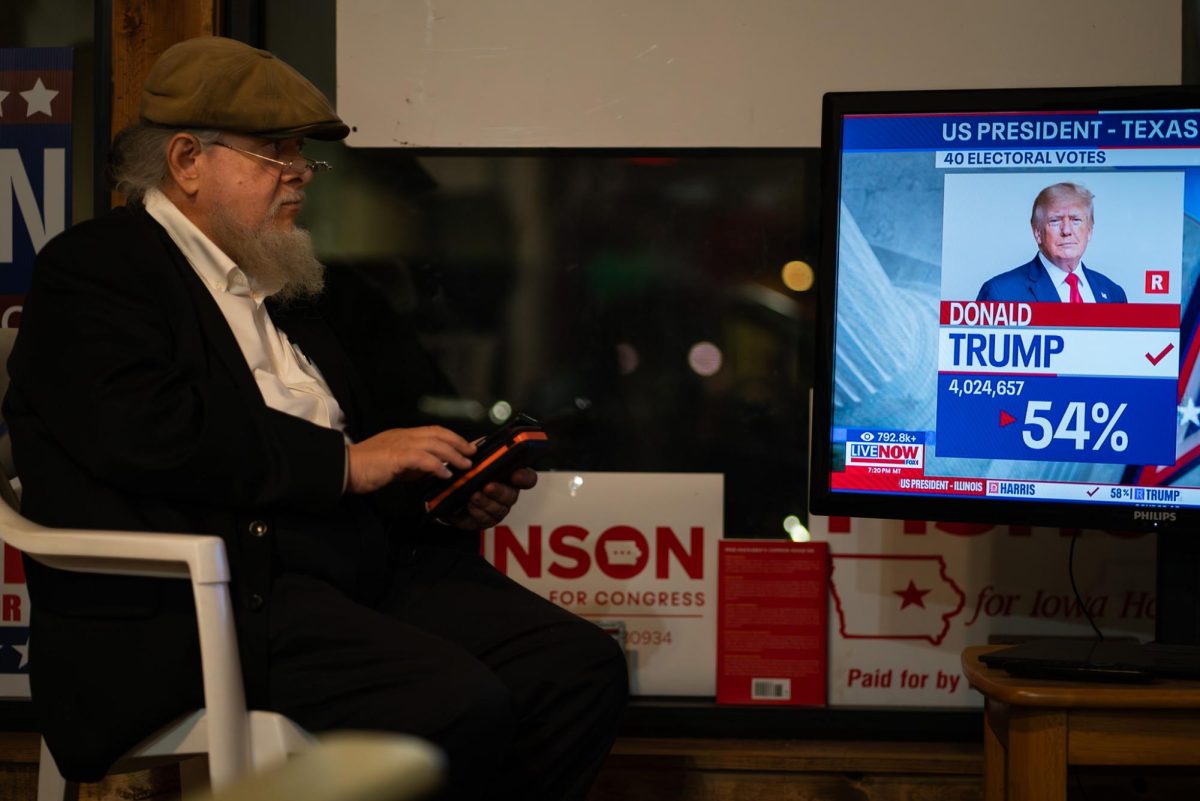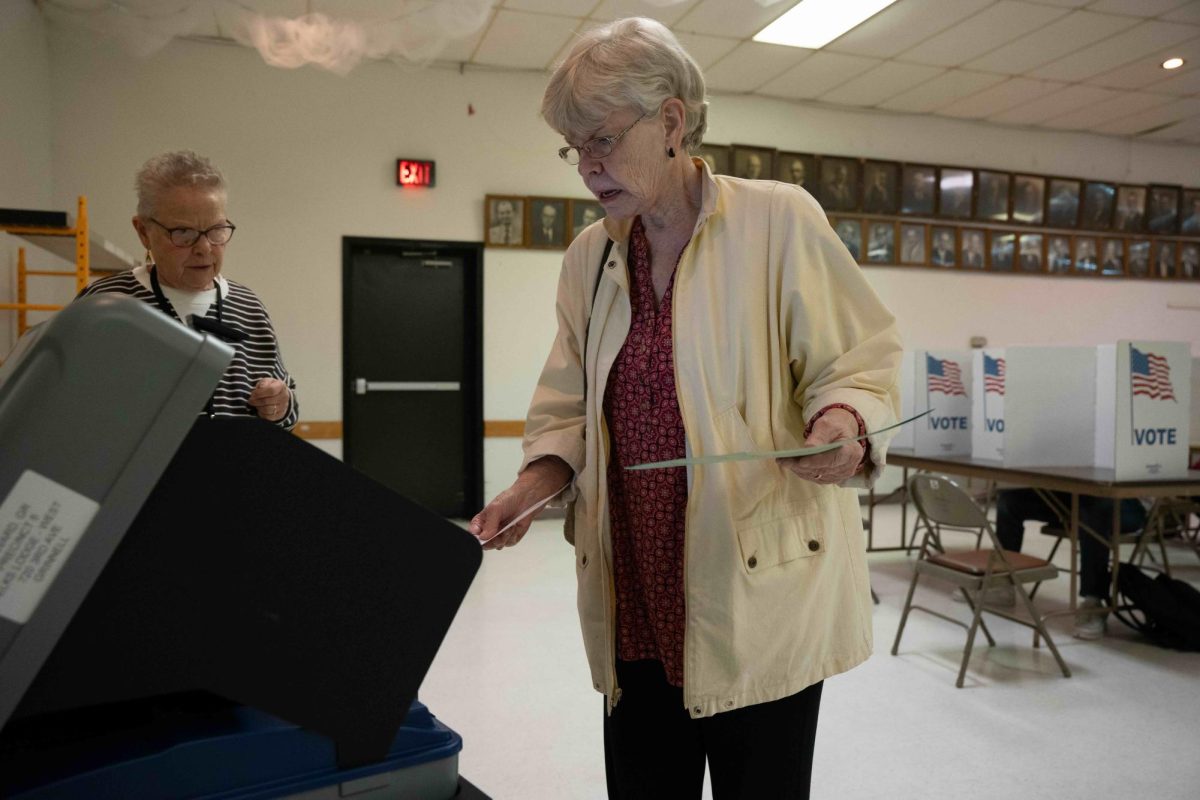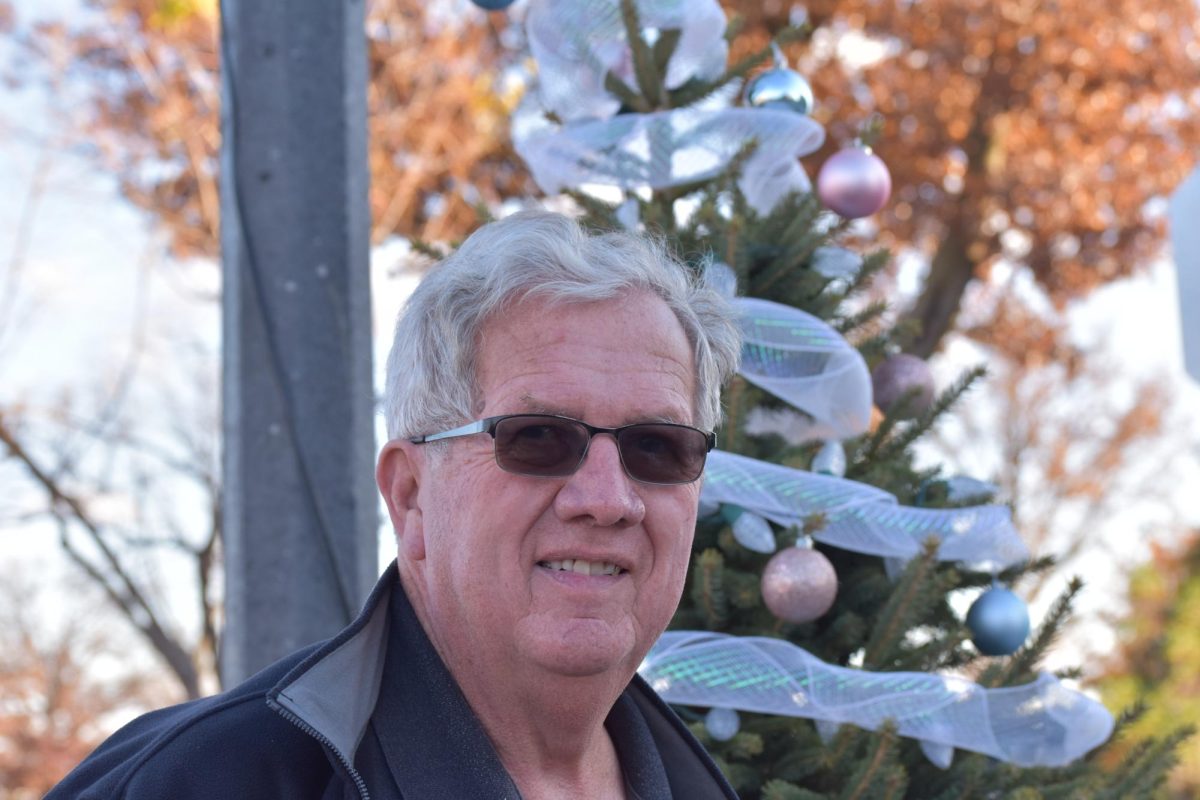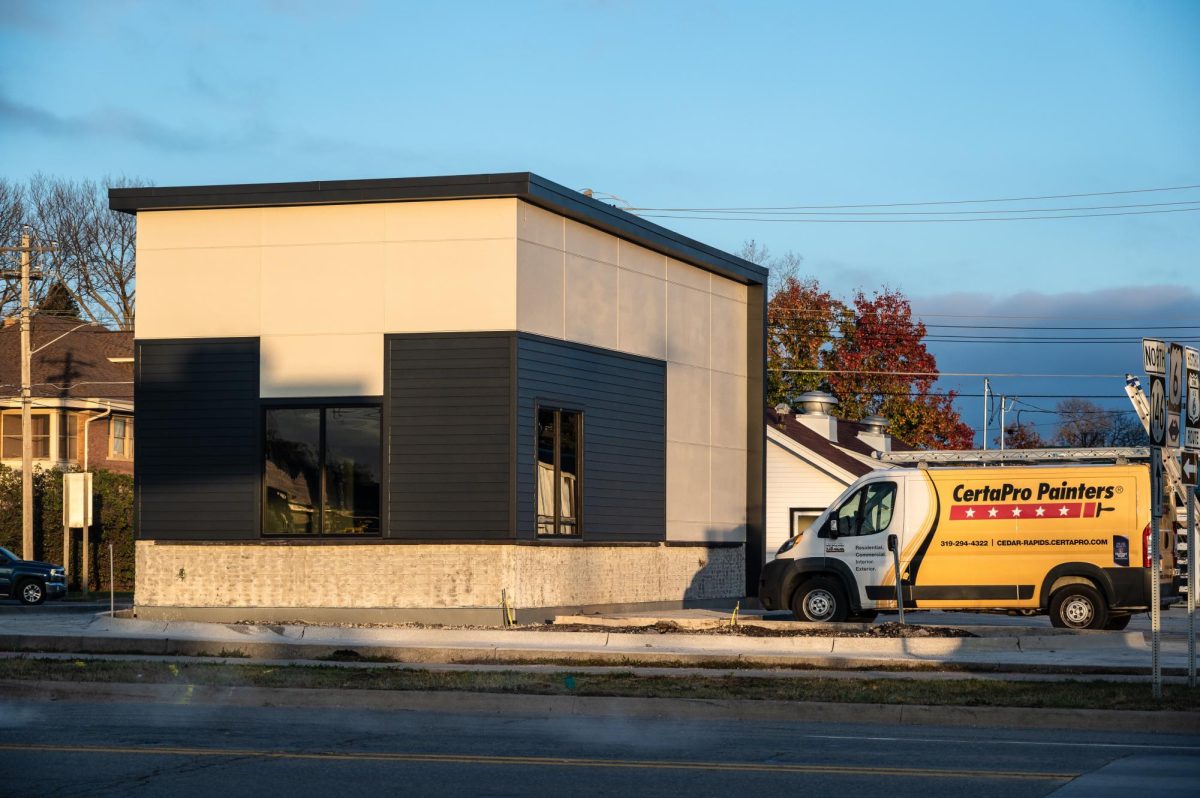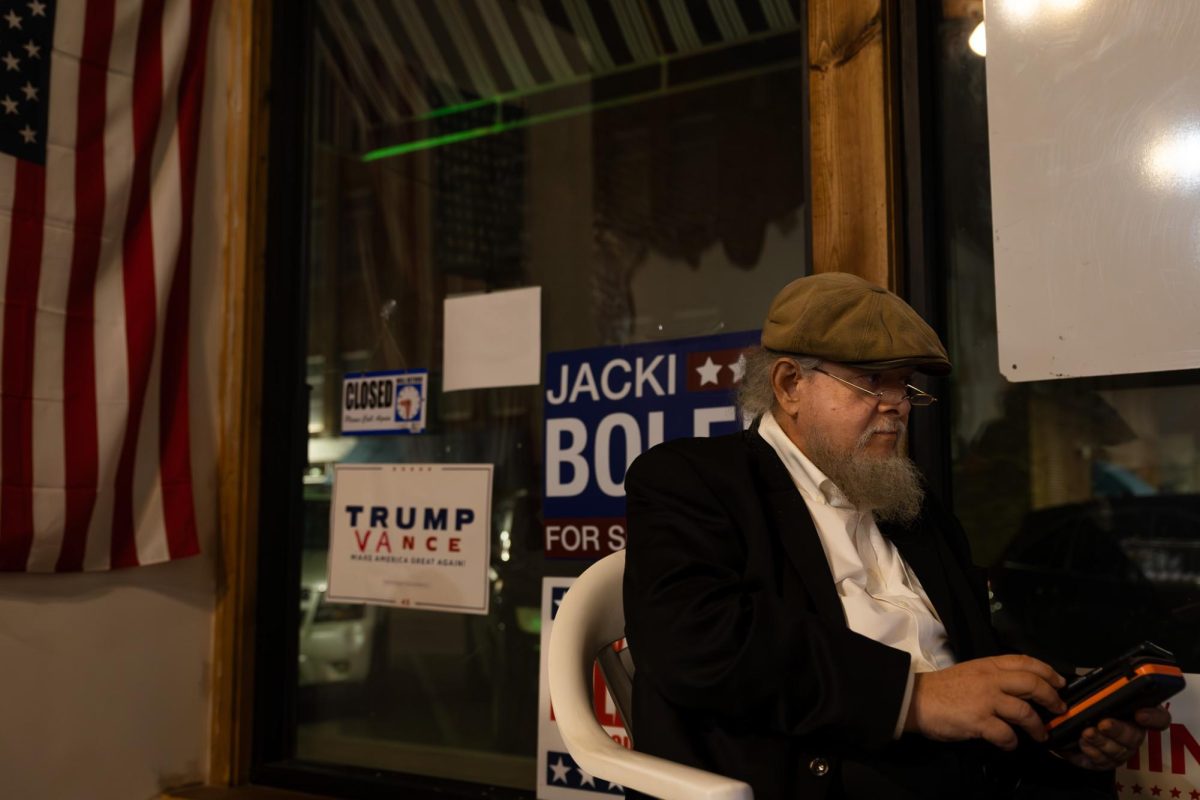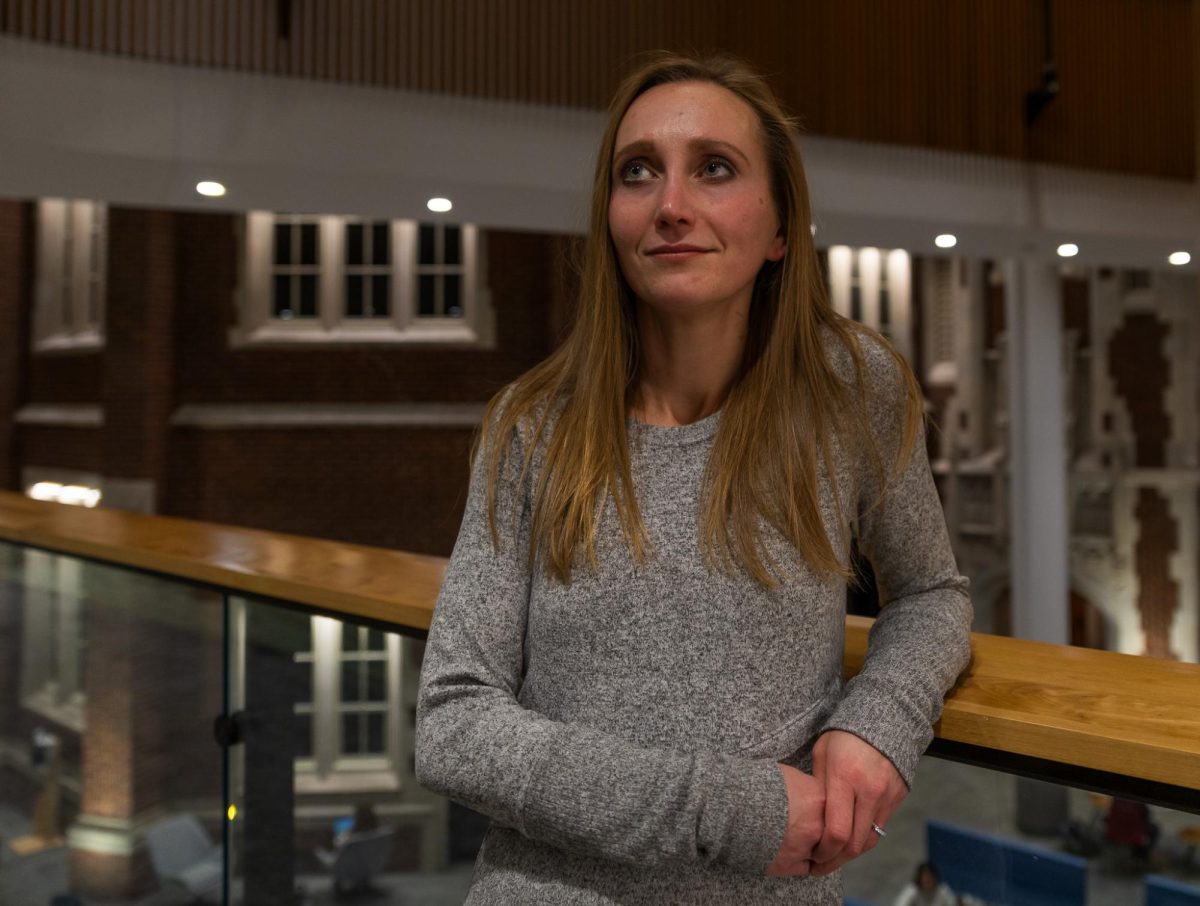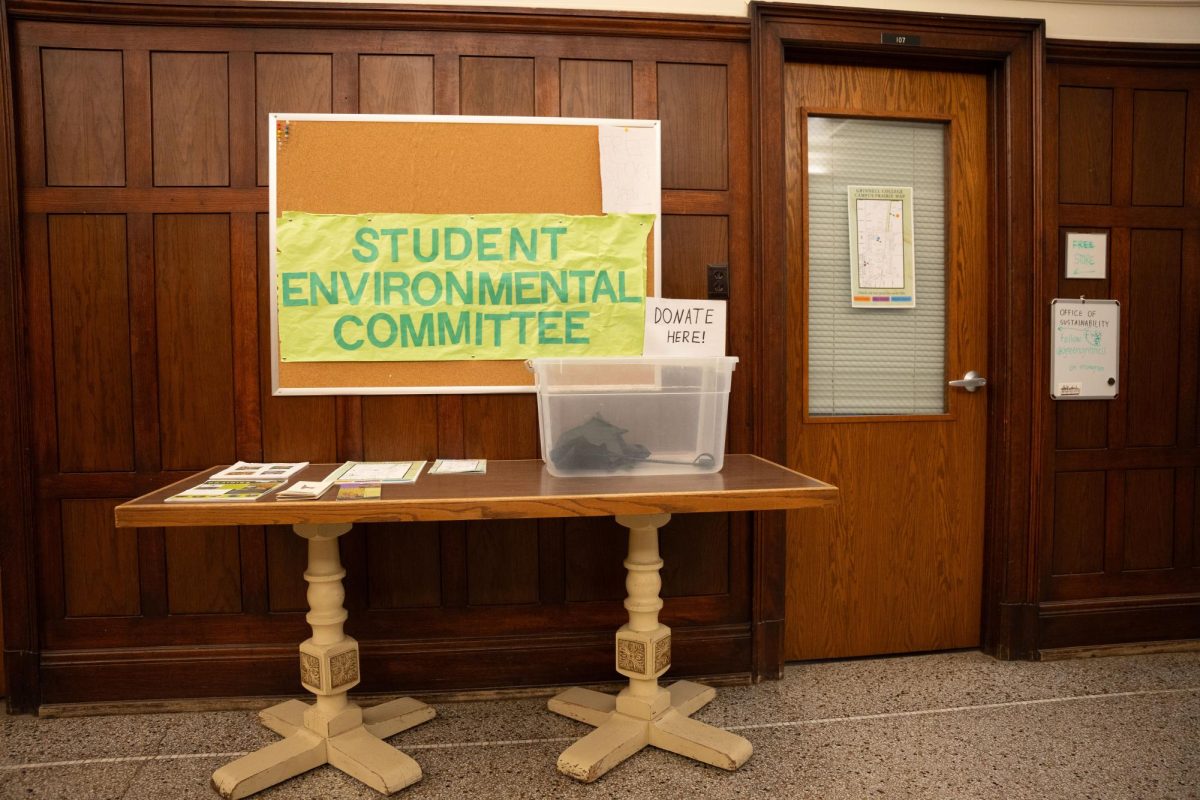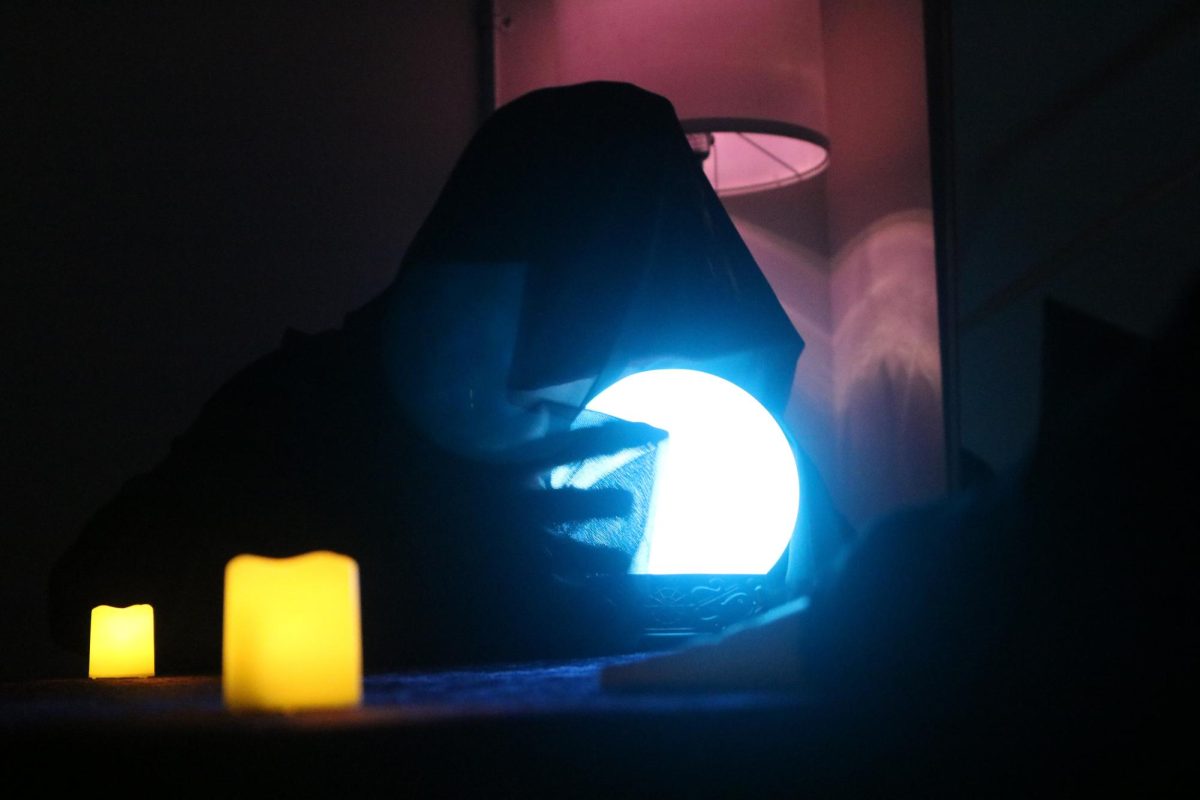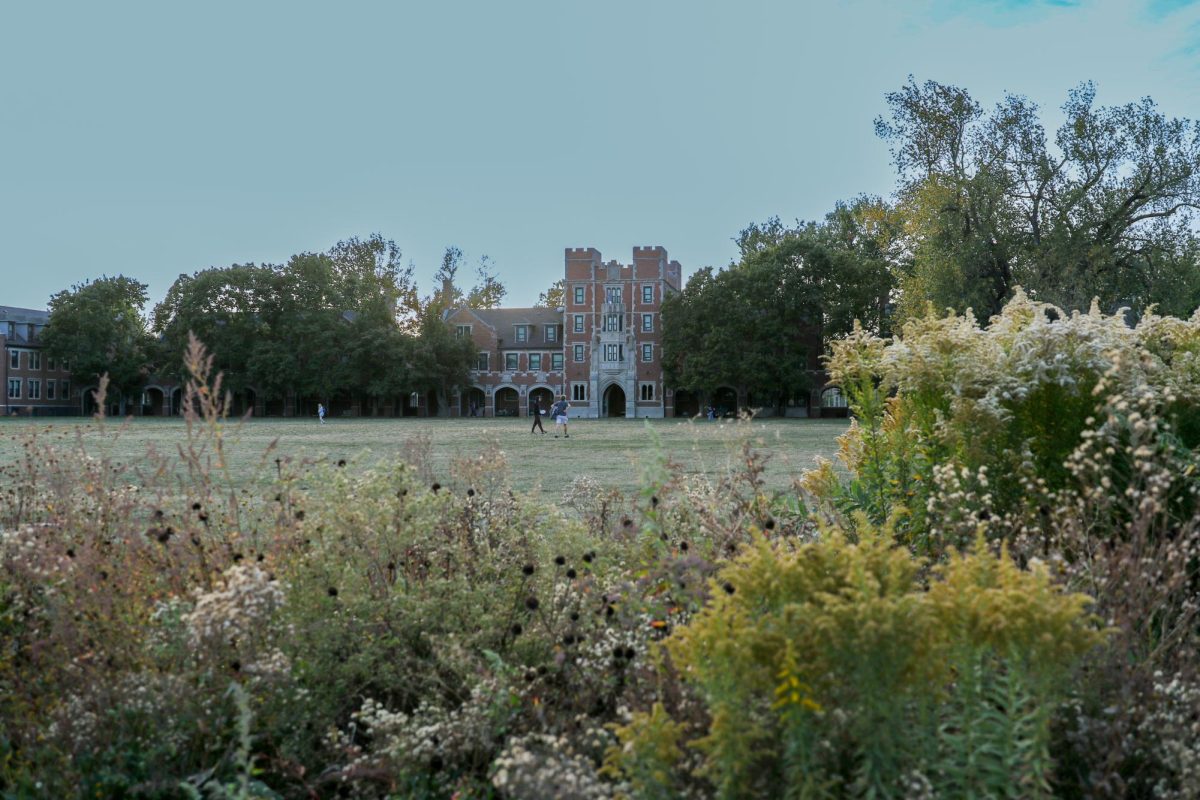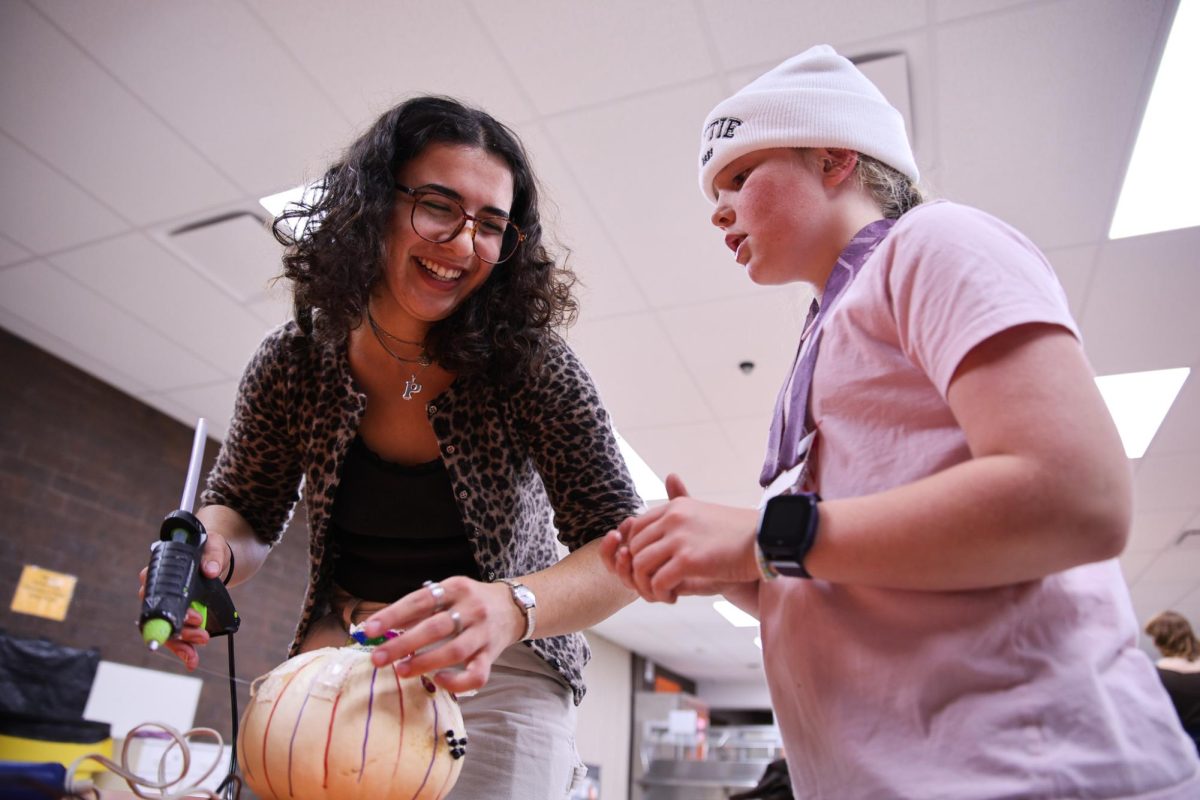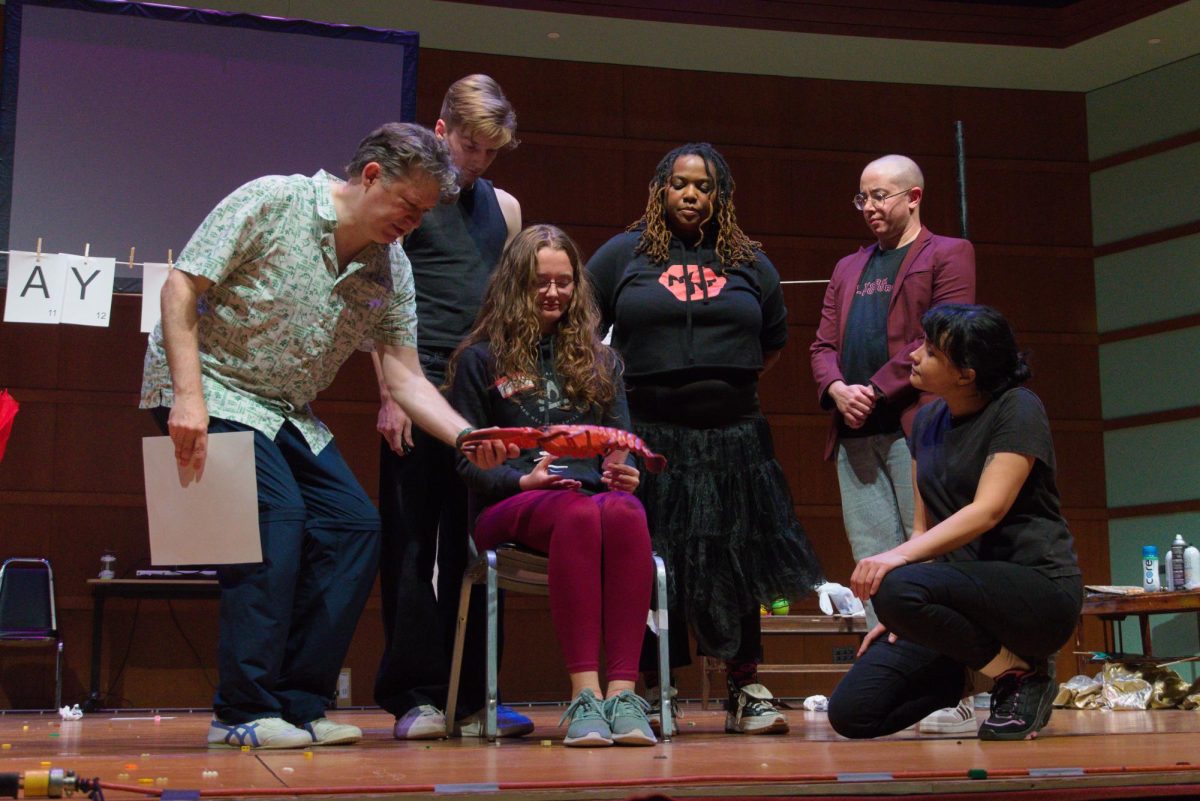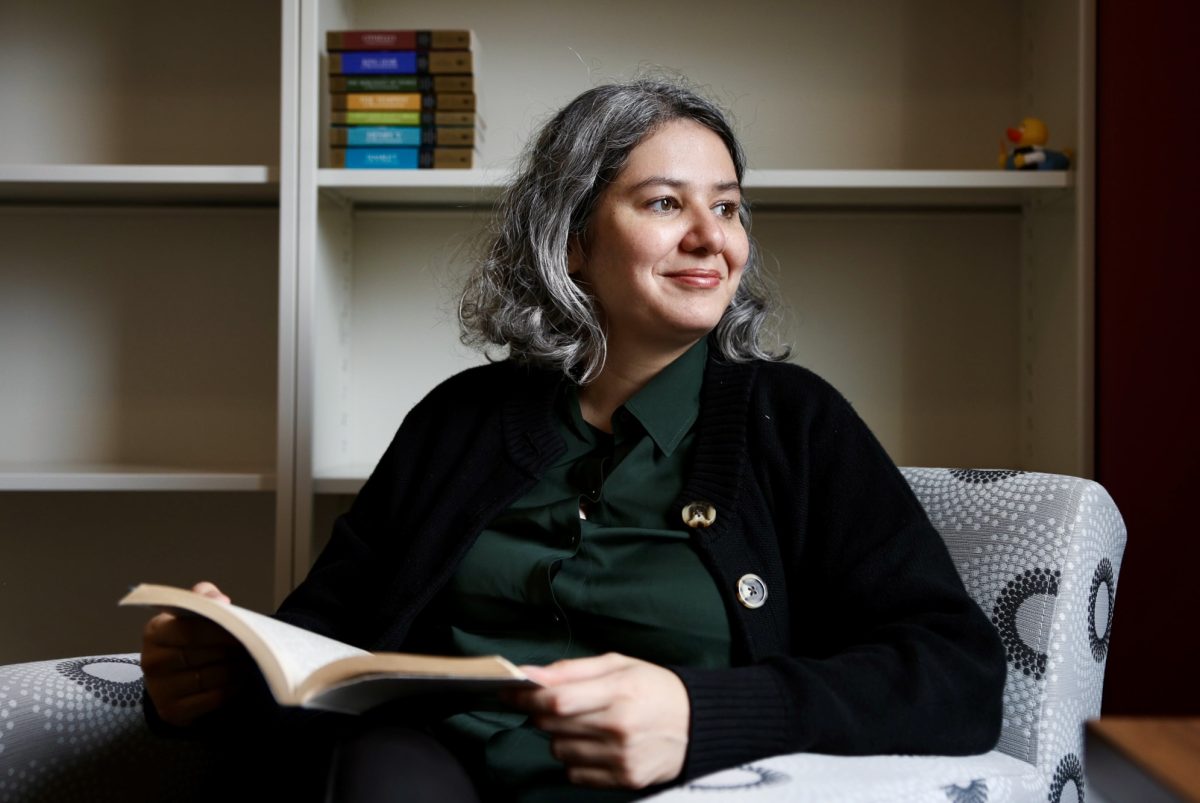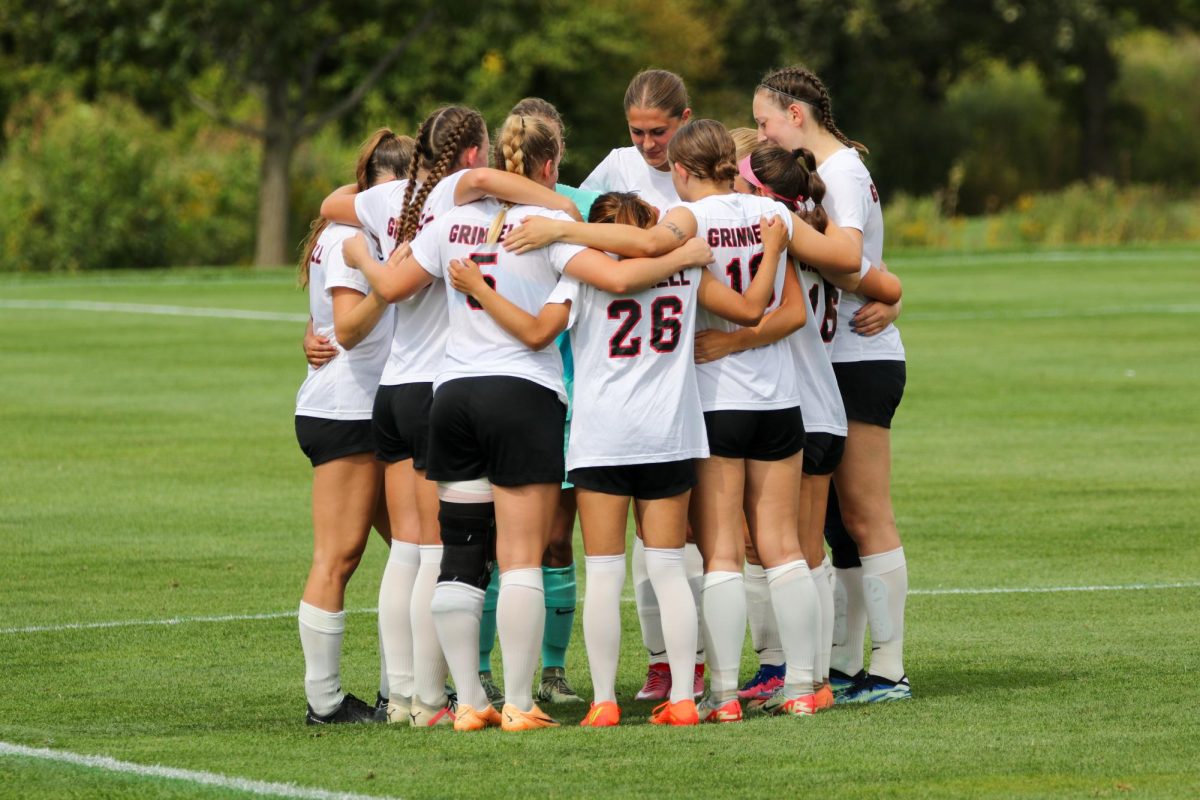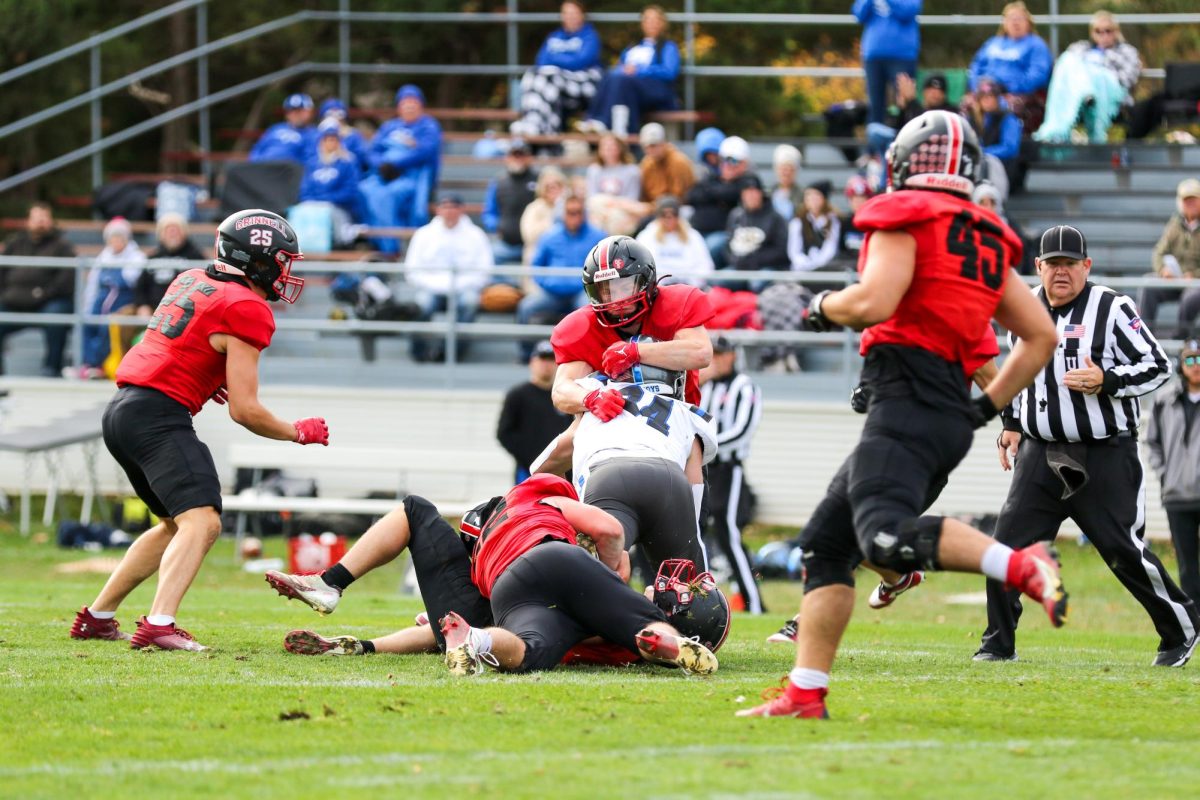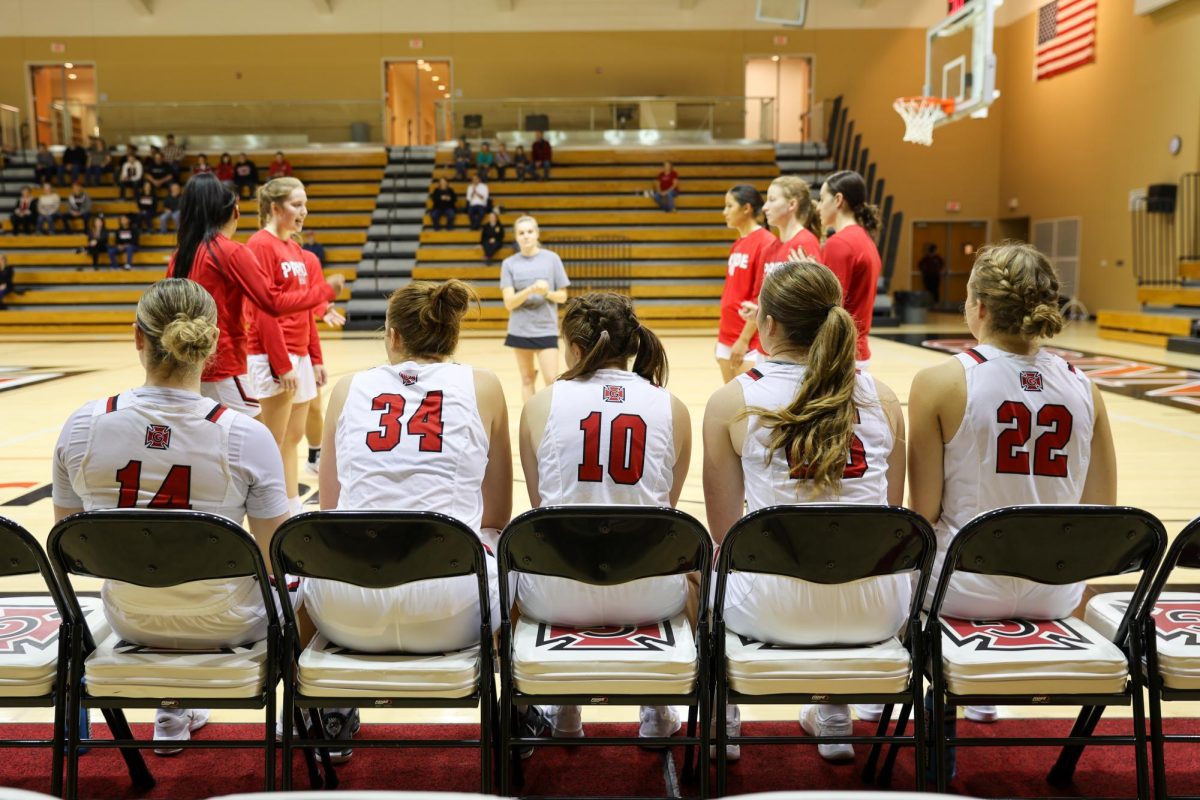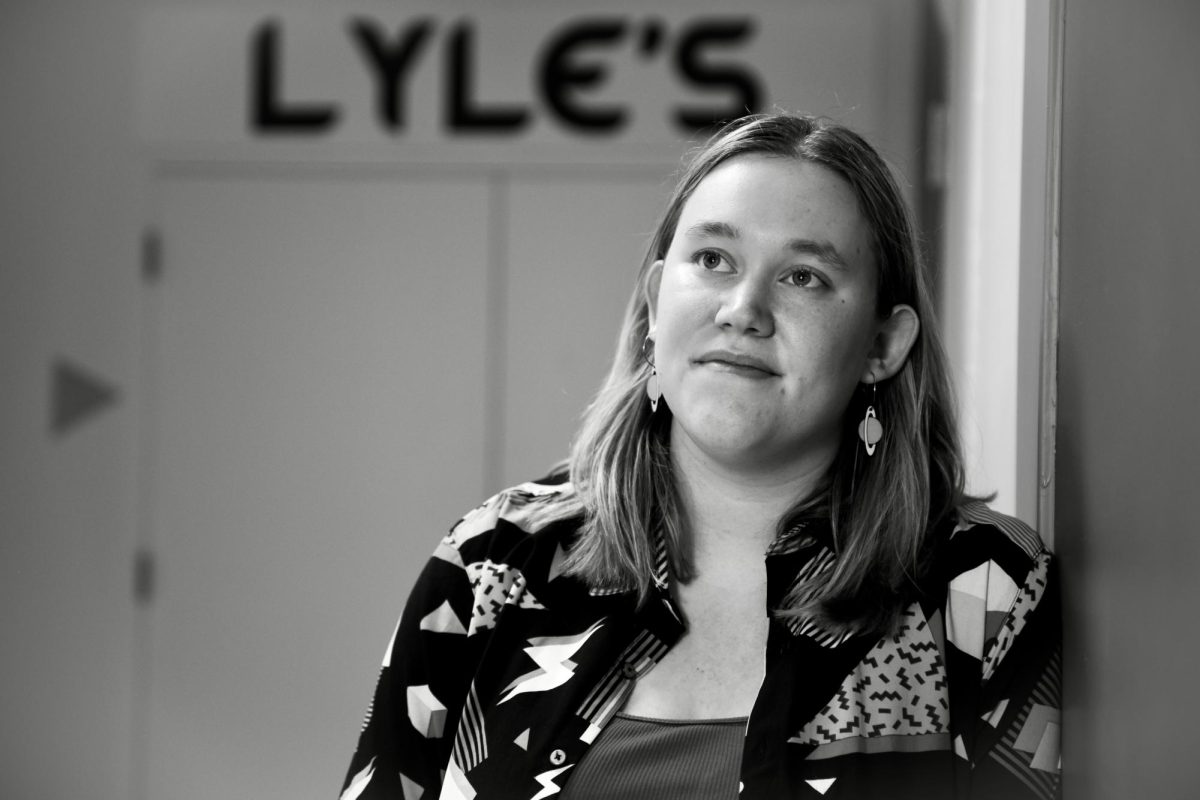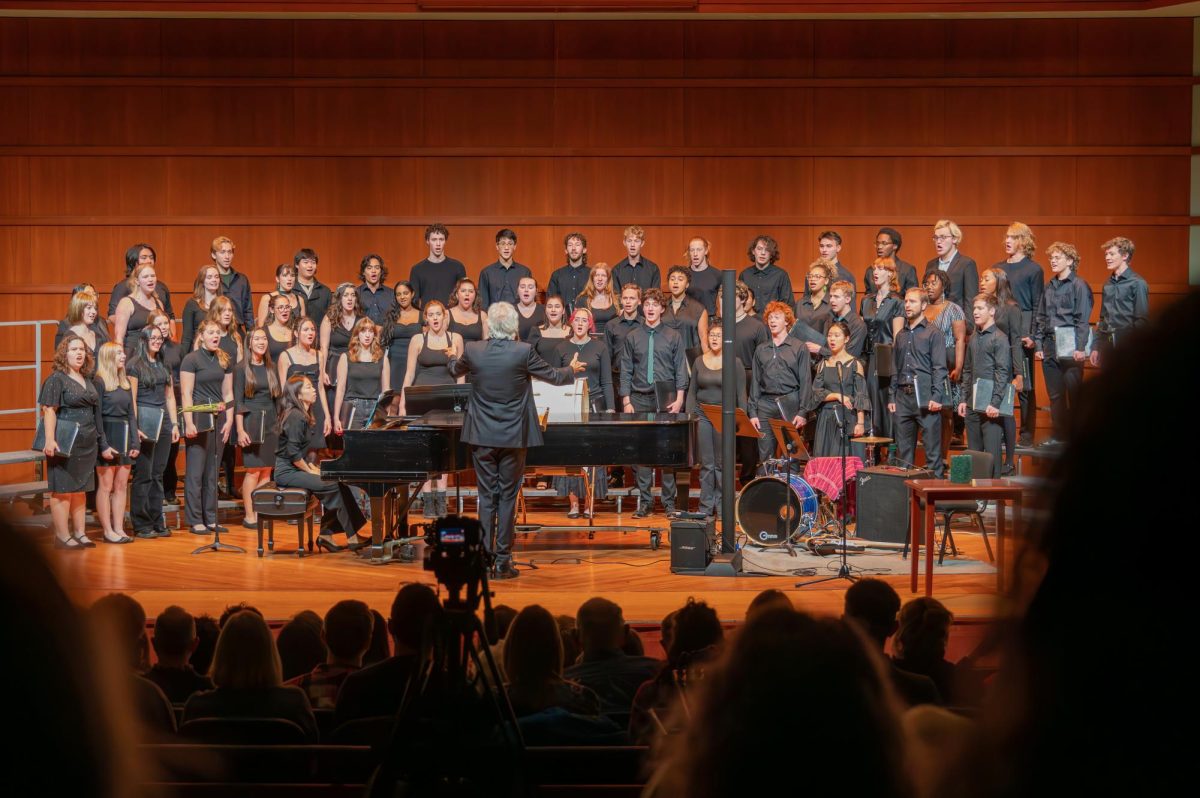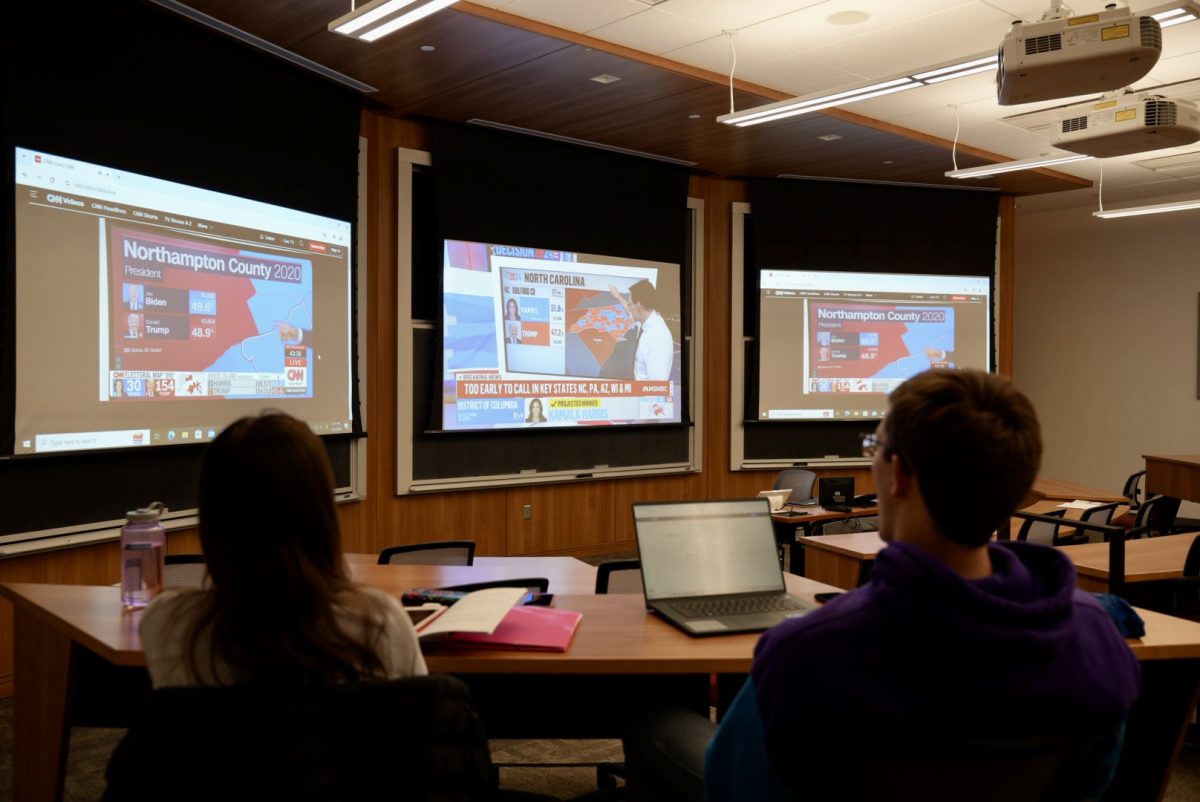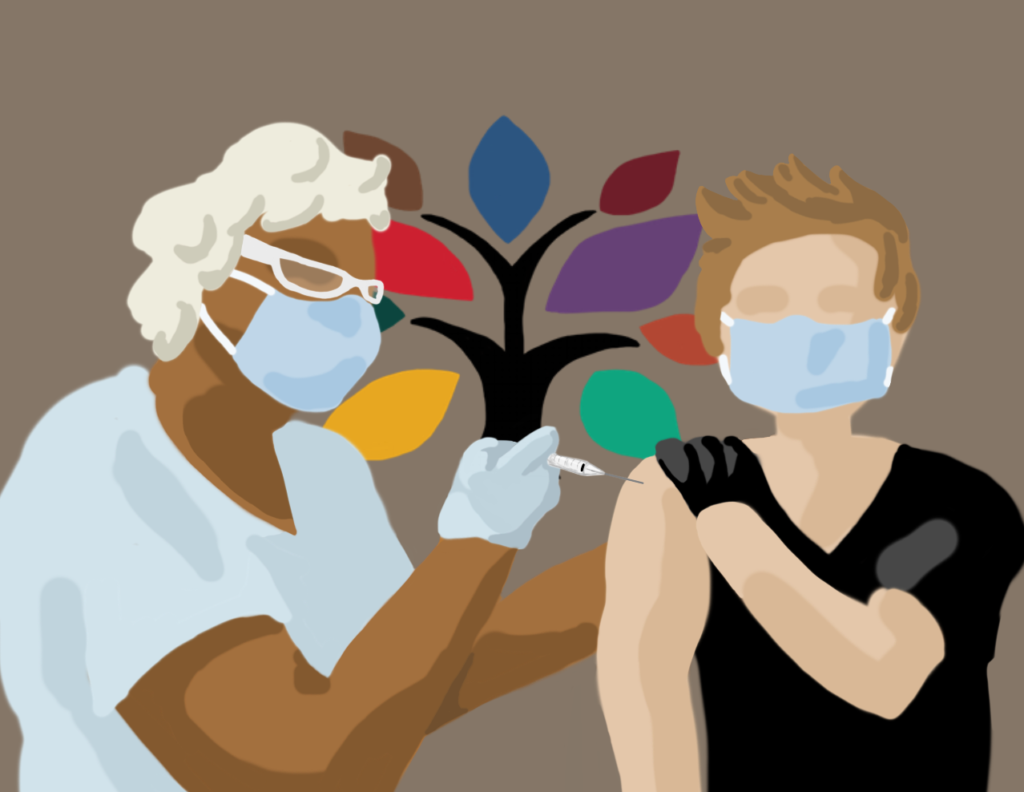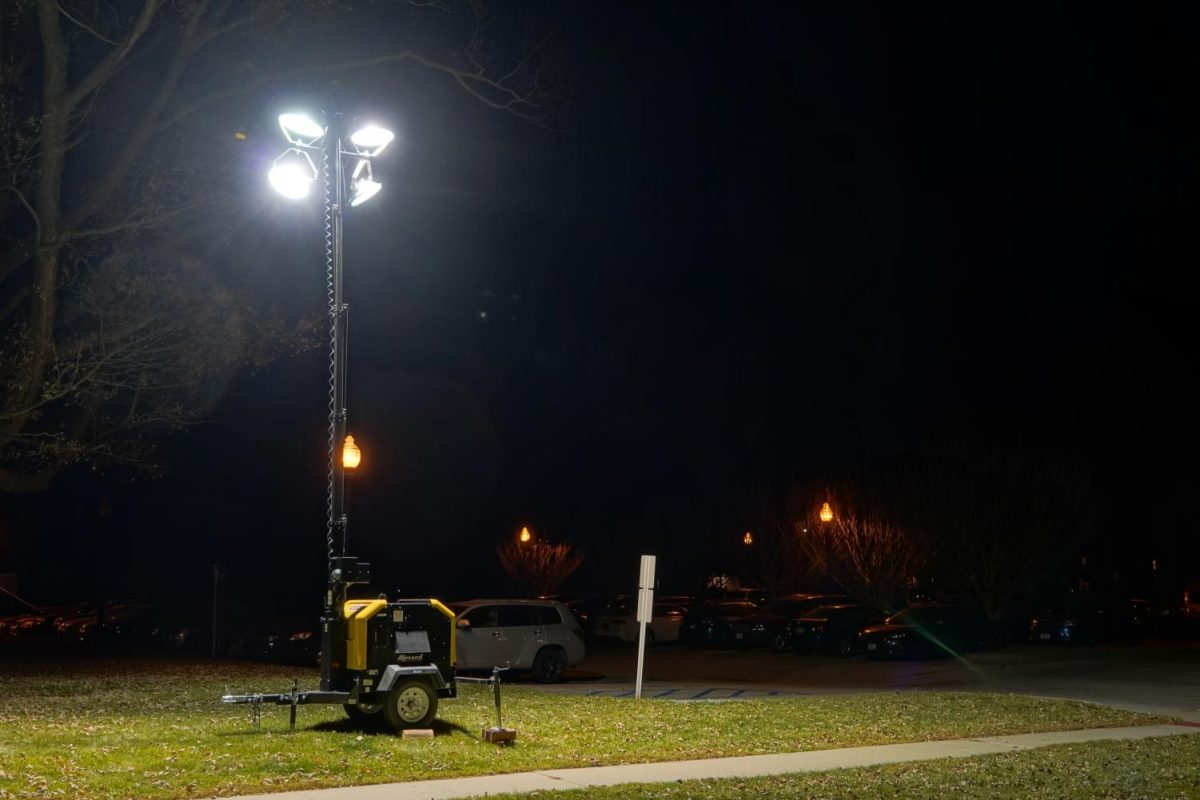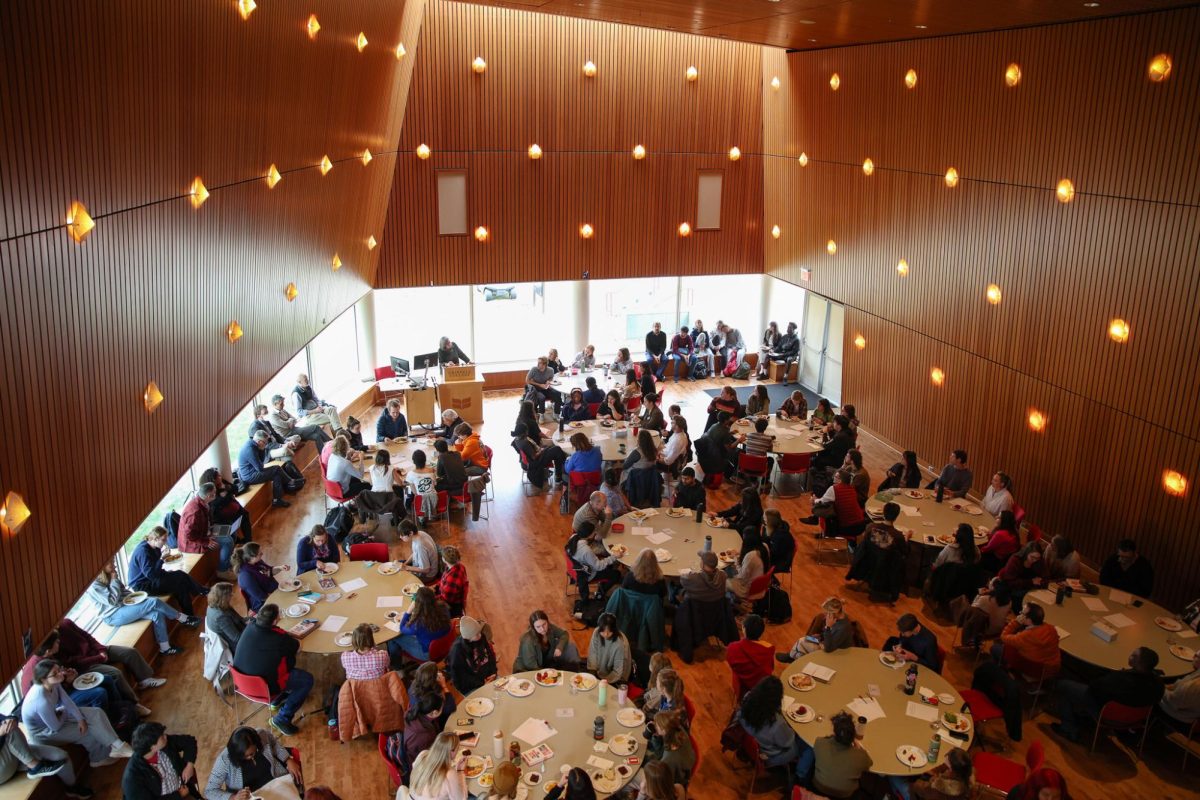Grinnell residents eligible for the COVID-19 vaccine are slowly but surely completing their vaccination series, but some residents are still struggling to get their first dose. An unruly phone system, which has left many callers unable to schedule an appointment even after hours of redialing, has even forced some people to travel outside of the county to get vaccinated.
As of March 27, 3,109 Poweshiek County residents (out of approximately 18,899 total) have completed their vaccination series, and an additional 1,825 residents have received their first – but not second – dose.
March 8 saw Iowa embark on the second tier of its five-tiered Phase 1B vaccination plan, meaning that individuals who are between 18 and 65 with underlying medical conditions are now eligible for a vaccine. Previously, only individuals 65 and older were eligible.
Additionally, Iowans who are first-responders, educators and other essential frontline workers are permitted to request a vaccine if Poweshiek County Public Health (PCPH) has approved their workplace for eligibility. Individuals who believe they may qualify but have not received confirmation with their employer may contact PCPH directly for approval.
On April 5, all residents of Iowa 18 or older will become eligible to receive a vaccine, if vaccine supply expectations are met. This will apply to both permanent and temporary residents of Iowa, meaning that Grinnell College students will be eligible.
Poweshiek County has three vaccination sites: the Grinnell Regional Medical Center (GRMC), the Hy-Vee pharmacy in Grinnell and the Hy-Vee pharmacy in Victor. PCPH, in charge of most immunizations across the county, has also partnered with nursing homes and other private organizations to administer doses to at-risk residents.
For the first half of February, vaccine appointments were made directly through PCPH with only one to two phone operators. On Feb. 12, phones lines at PCPH crashed due to the sheer number of residents trying to schedule vaccine appointments. Because of this, PCPH partnered with Grinnell College to use the College’s phone systems to streamline scheduling for appointments, allowing multiple phone lines to be opened simultaneously to prevent another crash.
The only way for residents to schedule an appointment is by phone. PCPH instructs residents to call 641-269-9200 and stay on the line only if they are connected to an employee immediately. If not, they are instructed to hang up and redial as soon as possible.
Updates to Poweshiek County Public Health’s vaccination clinics can be found on their Facebook page.
The S&B recently spoke to students and Poweshiek County residents about their experiences to scheduling an appointment.
Marna Montgomery
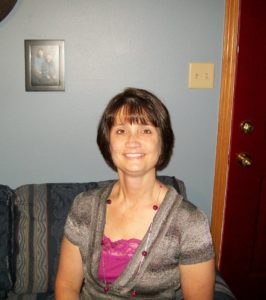
Marna Montgomery said that the first time she tried to schedule an appointment for her 83-year-old mother was the same day the phone lines at PCPH crashed. In the end, she was unable to schedule an appointment. The second time Montgomery tried to get her mother vaccinated she called 358 times over the span of several hours but was still unable to get through to a scheduler on the other end of the line.
“I was calling constantly, just constant redial, redial. And the next day I finally got through after two hours,” she said, adding that her mother had just gotten her second dose last week.
Montgomery also said that she had friends who had to drive hours to other cities, like Des Moines and Iowa City, to successfully get their appointments.
Montgomery pointed to one friend of hers who was on the phone with PCPH for nearly eight hours before giving up and scheduling an appointment in Des Moines. She’s not alone; of the 3,109 residents with their vaccine series completed, only 2,070 of those were administered within Poweshiek County.
Montgomery said she got the first dose of her vaccine “by accident.” While working at the Malcom Food Pantry, PCPH was administering vaccines to employees in the same building, and had two extra doses which would have been discarded if not used immediately. As a result, PCPH provided the two does to Montgomery and another worker at the building in order to not waste the remaining vaccines.
Each Moderna vaccine comes within a multidose vial with nine other doses. Once the first does is removed from the vial, each remaining dose must be administrated within six hours or it will be discarded.
Mo Igbaria `24
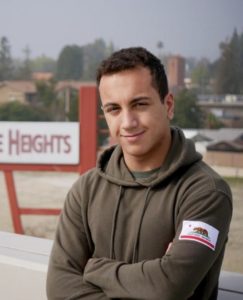
Mo Igbaria `24 has asthma, which made him eligible for a vaccine beginning March 8. On March 11, PCPH released a brief which instructed residents to call their number beginning at 9 a.m. the next morning to schedule appointments March 17 – which would be the first time these newly-eligible residents would be able to get their vaccine.
At 9 a.m. exactly, Igbaria called the GRMC 13 times in order to schedule his appointment for his first dose. Overall, he said, the process went extremely smoothly.
On the morning of March 17, Campus Safety drove Igbaria to the GRMC, where he received his first dose.
“The whole process took less than 20 minutes,” said Igbaria.
After receiving the first dose of the Moderna vaccine on the morning of March 17, Igbaria said he experienced fatigue, muscle soreness, fever and chills as side-effects, but that they weren’t very intense.
Jess Brant

Jess Brant and her father began calling PCPH at 9 a.m. on March 12 using both her work phone and her personal phone simultaneously, as well as her dad’s phone simultaneously to schedule their appointments. Brant, like Igbaria, has asthma, and became eligible on March 8.
Besides the difficulty of the appointment process, Brant said that the overall process had few challenges. On Wednesday, March 17, Brant got her first dose of the Moderna vaccine. “I thought it was a pretty streamlined process,” said Brant. “We didn’t wait more than five minutes before we were able to receive the vaccine, and then we waited for 15 after and we were able to leave.”
Mike Storbeck

Mike Storbeck, who is eligible for a vaccine due to his diabetes diagnosis, said he called the GRMC 457 times across the span of two hours in order to schedule an appointment.
“Sometimes you’d get a busy signal, sometimes you’d get a message, and then the other times you’d get your hopes up because it’d start ringing. And then it’d ring forever and you’d get that same message and you’d keep on trying and trying,” said Storbeck. “I kept thinking I wasn’t gonna get it. … I was about ready to give up.”
Besides having to call so often, Storbeck didn’t encounter many other difficulties with the scheduling process, and he doesn’t expect any issues besides mild side-effects once he receives his vaccine.

